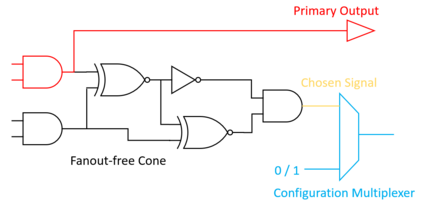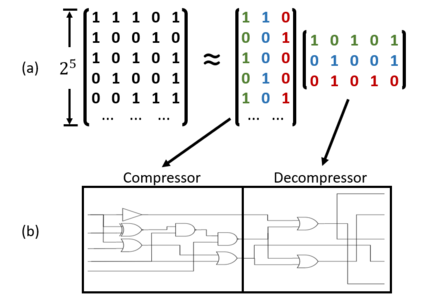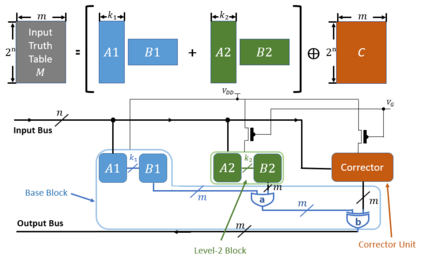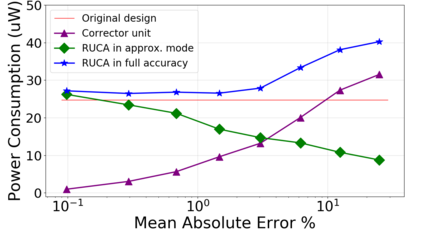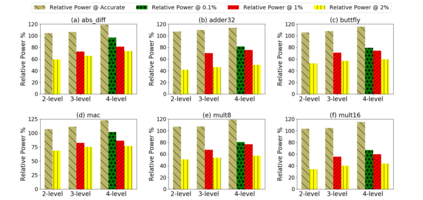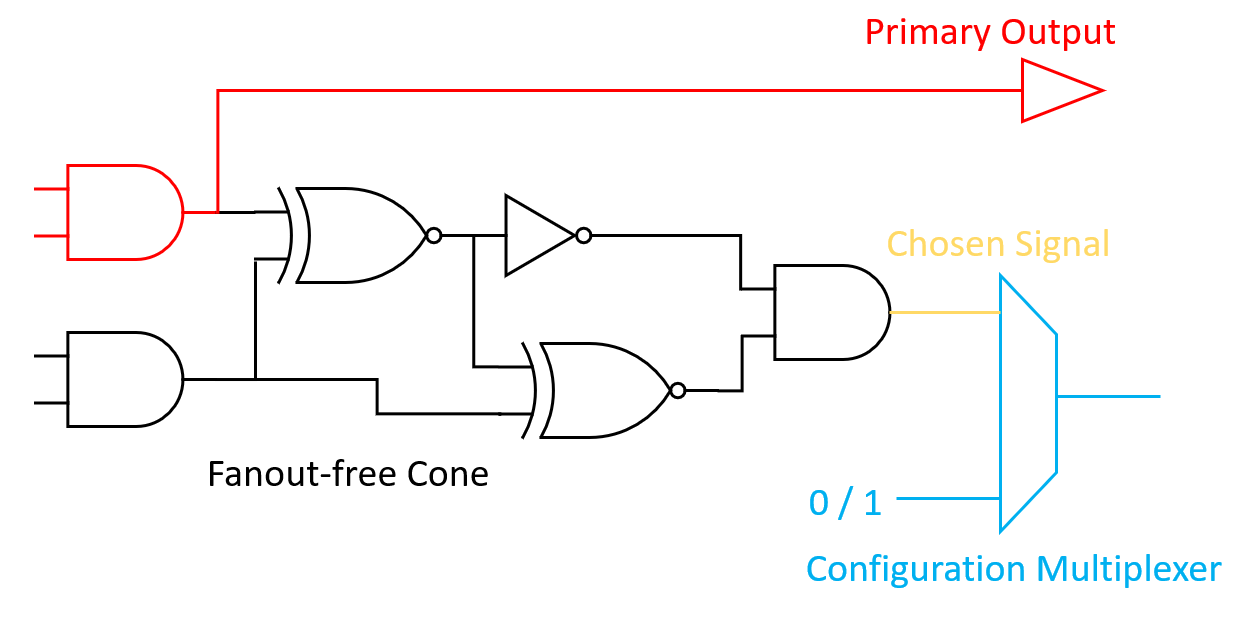Approximate computing is an emerging computing paradigm that offers improved power consumption by relaxing the requirement for full accuracy. Since real-world applications may have different requirements for design accuracy, one trend of approximate computing is to design runtime quality-configurable circuits, which are able to operate under different accuracy modes with different power consumption. In this paper, we present a novel framework RUCA which aims to approximate an arbitrary input circuit in a runtime configurable fashion. By factorizing and decomposing the truth table, our approach aims to approximate and separate the input circuit into multiple configuration blocks which support different accuracy levels, including a corrector circuit to restore full accuracy. By activating different blocks, the approximate circuit is able to operate at different accuracy-power configurations. To improve the scalability of our algorithm, we also provide a design space exploration scheme with circuit partitioning to navigate the search space of possible approximations of subcircuits during design time. We thoroughly evaluate our methodology on a set of benchmarks and compare against another quality-configurable approach, showcasing the benefits and flexibility of RUCA. For 3-level designs, RUCA saves power consumption by 36.57% within 1% error and by 51.32% within 2% error on average.
翻译:近似计算是一种新兴的计算模式,它通过放松对完全准确性的要求而改善电力消耗。由于现实世界应用可能具有不同的设计准确性要求,一种近似计算的趋势是设计运行时质量可配置的电路,这些电路能够在不同精度模式下以不同的电力消耗不同的方式运行。在本文中,我们提出了一个新颖的框架 — — RUCA 旨在以可运行的可配置方式近似任意输入电路。通过对真实表进行分解和分解,我们的方法旨在将输入电路相近和分离成多个组合块,支持不同精度水平的多个组合块,包括恢复完全准确性的校正电路。通过启动不同的组合,近似电路能够在不同精度动力配置下运行。为了提高我们的算法的可缩放性,我们还提供了一个设计空间探索计划,通过电路路段隔开,在设计期间对子电路路路段可能的近点进行搜索空间。我们彻底评估了一套基准的方法,并与另一种质量可配置方法进行比较,展示了RUCA的效益和灵活性。对于3级设计来说,在57%范围内,RUCA将功率差差差差差率以1%内将节省误差率为1。

